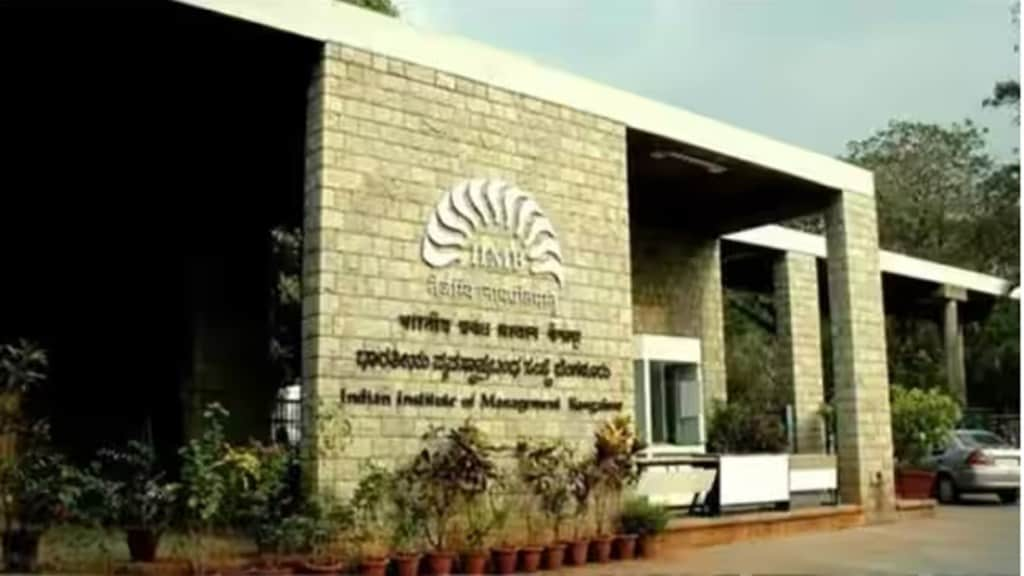Greater autonomy is important for India’s higher educational institutions, but it is equally important to handle freedom responsibly. That’s the lesson most of the Indian Institutes of Management (IIMs) forgot to learn. In that sense, they are equally responsible for the loss of autonomy, following the passage of the IIM (Amendment) Bill in Parliament last week. There is enough evidence to suggest that the board of governors (BoG) at some of the IIMs started treating the institutes as their private fiefdoms. For example, implementation of reservation in admission in PhD courses and faculty recruitment has been erratic, with as many as nine IIMs refusing to implement faculty reservation till July 2022 even though the law required them to do it. Unnecessary confrontation with the government was visible in other areas, too. For example, the education ministry last year asked all IIMs to extend the tenure of their chairpersons by one year till a protocol was developed for the appointment process for this post. The BoGs of some IIMs, however, went ahead with the appointments.
In some IIMs, the power to appoint members was arbitrarily used by the chairpersons and directors. One crucial provision mandated an independent review of the institutes every three years, and its public disclosure. However, only a few IIMs complied with this requirement. Then, in 2020, the government had objections to the IIM describing its one-year post-graduate programme as MBA as it was a violation of UGC regulations. This was a valid objection, but many IIMs ignored the directive.
It is, however, equally true that the Centre’s sledgehammer approach will only deepen the distrust between the two. With the amendments, the Visitor, the President of India, will nominate the chairperson of the board of governors of each IIM and the chairperson will head a panel to recommend names for the post of the director. Under the existing IIM Act, the BoG of each institute was empowered to appoint the chairperson and directors without involving the government. The amendments also say that “the Visitor may appoint one or more persons to review the work and progress of any Institute and to hold inquiries into the affairs thereof and to report thereon in such manner as the Visitor may direct.”
In effect, this means the autonomy of IIMs is as good as buried. The way the exercise was carried out also shows the discomfort of the ministry of education with IIM autonomy. It did not share or discuss the provisions being introduced by it in the draft Bill with the older IIMs. This secrecy raises serious concern over the ministry’s intention. Solution to the problems required inclusive consultations with the IIMs to ensure a broad consensus on the changes that are required to strike an appropriate balance between accountability and autonomy. Clear norms and guidelines should have been incorporated into the Act to provide a framework for responsible governance while allowing flexibility in decision-making. That required a constructive approach, instead the government chose to grab power once again. In September 2018, Prime Minister Narendra Modi, referring to the autonomy granted to IIMs, had said, “the government will not interfere, no officer will have any role.” Within five years, that promise has been broken.


